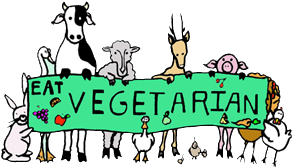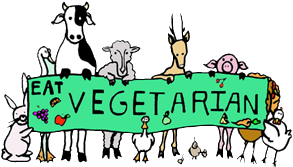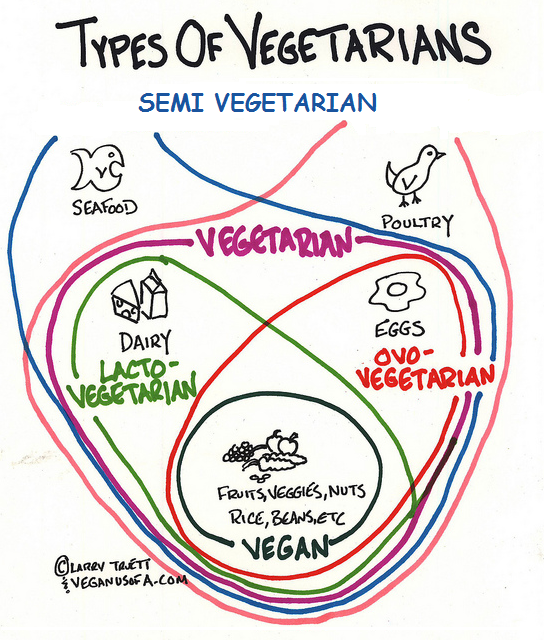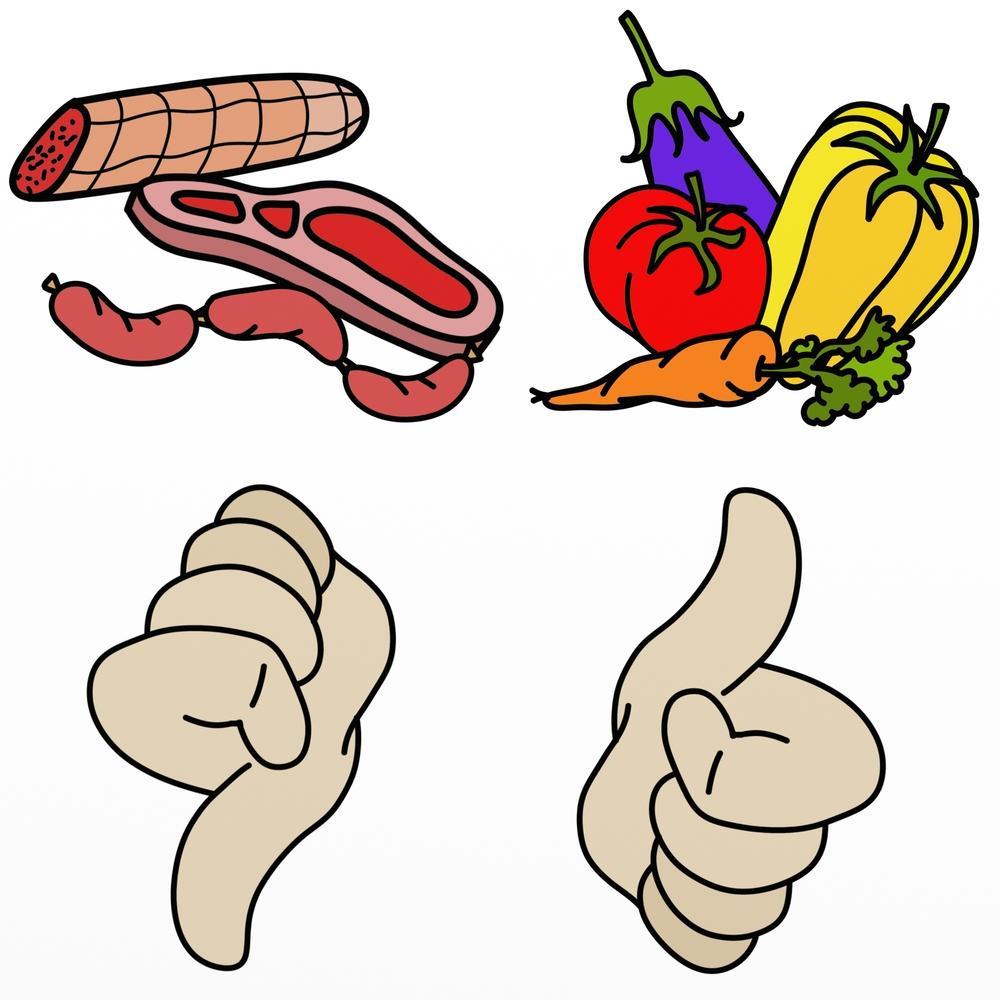If you are on a vegetarian diet, congratulations to you, but if you’re not, you still should be interested in the principles that make a vegetarian diet a healthy choice. Even if you think you have no interest in becoming a vegan but still want to eat a healthy diet, you will find yourself inching relatively closer to a vegetarian diet. After all, the various vegetarian diets are just the maximal application of increasing your intake of fruits and vegetables.
Before we even define the different types of vegetarian diets, let’s answer a simple question: “Why in the world would I ever consider being a vegetarian?” The answer to the question is best given by discussing some outcomes of interest.
- Vegetarians generally have longer life expectancies than meat eaters.
- Vegetarians are less likely to have heart disease.
- Vegetarians are less likely to be obese.
- Vegetarians are less likely to have high blood pressure.
- Vegetarians are less likely to have certain types of diabetes.
The vegetarian diet focuses of the products of plants. These include the following types of foods: fruits, vegetables, seeds, nuts, whole grains and legumes (beans, peas and lentils). There are different types of vegetarian diets (representing levels of strictness), including the following:
- Vegan: only plant-based floods (with “nothing from anything with feet”)
- Lacto-vegetarian: Plant-based foods with an allowance for some dairy products
- Lacto-ovo vegetarian: Plant-based foods with an allowance for some dairy products and eggs
- Semi- or partial vegetarian: The diet excludes red meat. It includes plant-based foods with an allowance for dairy products, eggs and certain meats (chicken and fish).
If you’re a semi-vegetarian, you may be further categorized based on the meat you eat:
- Pescatarians eat fish but not red meat, pork or poultry.
- Flexitarians (aka semi-vegetarians) occasionally eat red meat.
Now look back at the last six bullet points. The closer you get to being a strict vegetarian, the lower your risks of high blood pressure, diabetes and other certain other medical conditions. You can think of each bullet point as a stepladder to better health.
The point of this is there’s more than one approach to incorporating the principles of vegetarianism. You don’t have to be an absolutist to make your diet healthier. Just remember, the more plant-based your diet is, the healthier you’ll be. We’ve discussed this previously in the healthy eating plate. The bottom line remains the same. Most of you reading this don’t eat enough fruits, vegetables, whole grains or legumes. The more your diet is tilted away from red meats and toward these options, the healthier you’ll be.
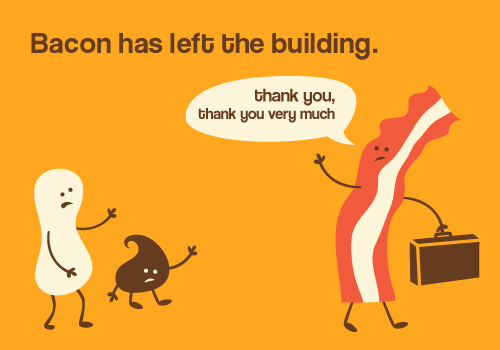
The next Straight, No Chaser will discuss specific concerns of vegetarian diets.
Feel free to ask your SMA expert consultant any questions you may have on this topic.
Order your copy of Dr. Sterling’s new book Behind The Curtain: A Peek at Life from within the ER at jeffreysterlingbooks.com, iTunes, Amazon, Barnes and Nobles and wherever books are sold.
Thanks for liking and following Straight, No Chaser! This public service provides a sample of what http://www.SterlingMedicalAdvice.com (SMA) and 844-SMA-TALK offers. Please share our page with your friends on WordPress, like us on Facebook @ SterlingMedicalAdvice.com and follow us on Twitter at @asksterlingmd.
Copyright © 2017 · Sterling Initiatives, LLC · Powered by WordPress

